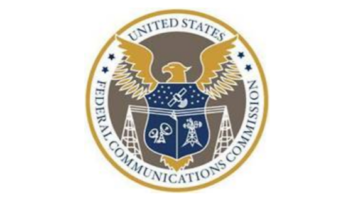With all the other EAS developments going on this week, here’s one that will come as unwelcome news to at least some small broadcasters.
The FCC’s Public Safety and Homeland Security Bureau has said “no” to a request from manufacturer Gorman-Redlich for a rules waiver.
The company had argued that some legacy EAS equipment is not able to process alerts with the “six zeroes” national location code, as is now required under the EAS Protocol. The FCC has stated that it believes implementation of “six zeroes” would present negligible costs because most equipment in the field already supports the six zeroes. But owner Jim Gorman had asked the FCC to allow users of legacy equipment to use an “entire state” location code instead, and a half-dozen small broadcasters wrote to the commission in support.
Now, with the next national test looming, the FCC staff says Gorman-Redlich did not succeed in making its case. It said a waiver on behalf of non-LP-1/LP-2 stations with no downstream monitoring stations would have been so broad and cover so many stations as to create a de facto rule change. Also, the proposal didn’t lay out a cutoff timetable for a waiver nor show how it would serve the public interest, the bureau said.
Further, the purpose of the location code, the bureau said, is to ensure consistency between EAS rules and industry CAP standards, which in turn facilitates integration into IP-based alerting systems such as IPAWS, and to help simplify national alerting and avoid confusion.
“The relief sought by the Waiver Request — using state location codes for a nationwide alert — is exactly the sort of alternate, ‘workaround’ process that the ‘six zeroes’ national location code is intended to eliminate,” the bureau wrote. “Further, there is no indication that the requested ‘workaround’ would be effective, as it would only apply to EAS alerts received via the IPAWS CAP feed. Alerts delivered over the air would contain the ‘six zeroes’ code and would not be processed by the old EAS equipment.”
And: “Granting the Waiver Request would be inconsistent with the public interest goals of the second nationwide test, including the goal of evaluating the reliability and effectiveness of the ‘six zeroes’ code and other measures adopted after the first nationwide test.”
What this outcome portends for any stations that use such equipment during the national test this week was not discussed in the ruling. Radio World has invited comment from Gorman-Redlich and will share any reaction.
Related:
How to Find Form Two (and Other Last-Minute Test Reminders)










